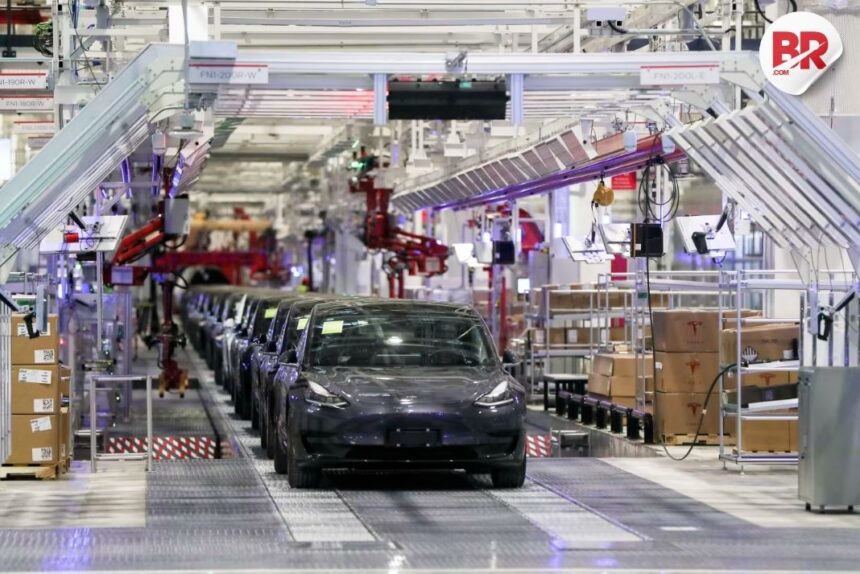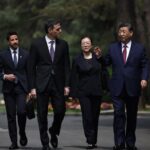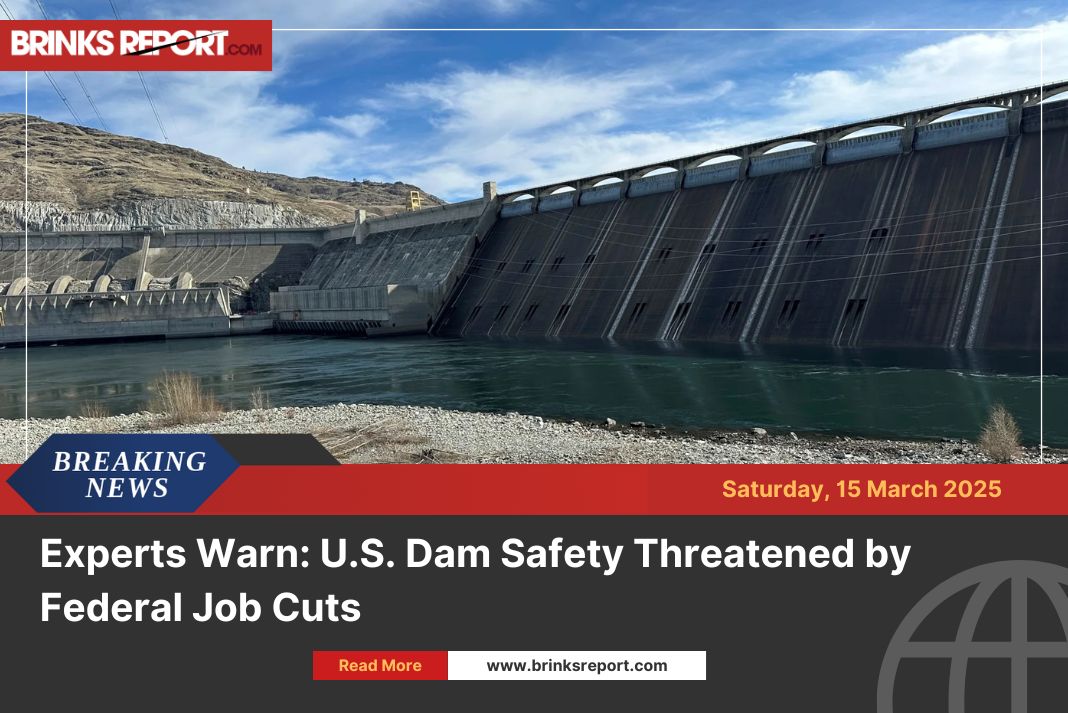
Tesla China Import Suspension Disrupts EV Landscape
Tesla has paused new orders for its US-made Model S and Model X in China, citing “production constraints.” This Tesla China import suspension comes at a time when US-China trade tensions are heating up, raising questions about the real reason behind the move.
While Tesla hasn’t directly blamed politics, the timing speaks volumes.

Trade Tensions and Tariff Talk
The decision arrives amid growing trade friction between Washington and Beijing. With discussions around higher tariffs on imported vehicles gaining traction, automakers are clearly getting nervous.
By halting shipments of premium EVs from the US, Tesla may be taking a preventive step to avoid possible tariffs or delays at customs. This wouldn’t be the first time geopolitics forced global brands to rethink their strategies. In fact, many companies are now working on “de-risking” supply chains in light of global uncertainties.
Also Read: Tesla’s European Sales Crash: Musk’s Politics & China’s Cheap EVs Blamed
Focus Shifts to Local Production
Instead of relying on US imports, Tesla is putting more weight on its Shanghai Gigafactory. The factory currently produces the Model 3 and Model Y, which remain available for Chinese customers.
This localization shift helps Tesla avoid import risks and maintain delivery timelines. It’s also a move in line with China’s push for local manufacturing and self-reliance in key sectors.
But the gap left by the Model S and X could hurt Tesla’s premium brand image in China.
What This Means for Chinese EV Buyers
Chinese consumers now have fewer options when it comes to high-end electric vehicles from Tesla. That opens the door for local competitors like NIO, BYD, and XPeng to grab market share.
NIO’s luxury sedans and BYD’s growing premium range are gaining traction. This pause might give these brands an unexpected boost.
For buyers looking to spend more, Tesla’s absence in the premium tier is hard to ignore.
Also Read: Gold Price Record High as Tariffs Hit 145% — Is the World Seeking Refuge from a Financial Storm?
Bigger Picture: Geopolitics and Supply Chains
This move is more than just a business decision. It’s a signal of how fragile global supply chains have become. From chips to cars, every industry is feeling the strain of political decisions.
The Tesla China import suspension reflects a new world where geopolitics directly shapes what consumers can buy and where companies build.
As more automakers adapt to these shifts, we could see a larger wave of “regional manufacturing” become the new global strategy.












